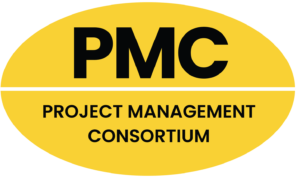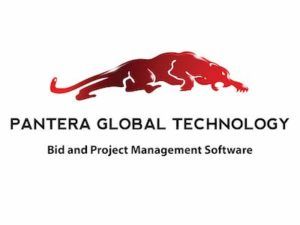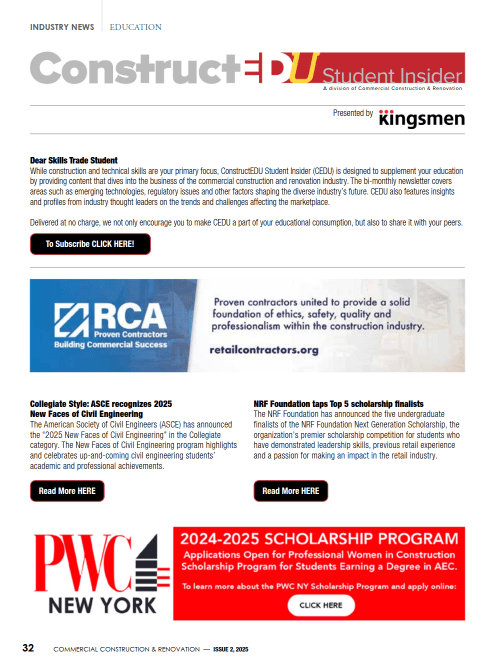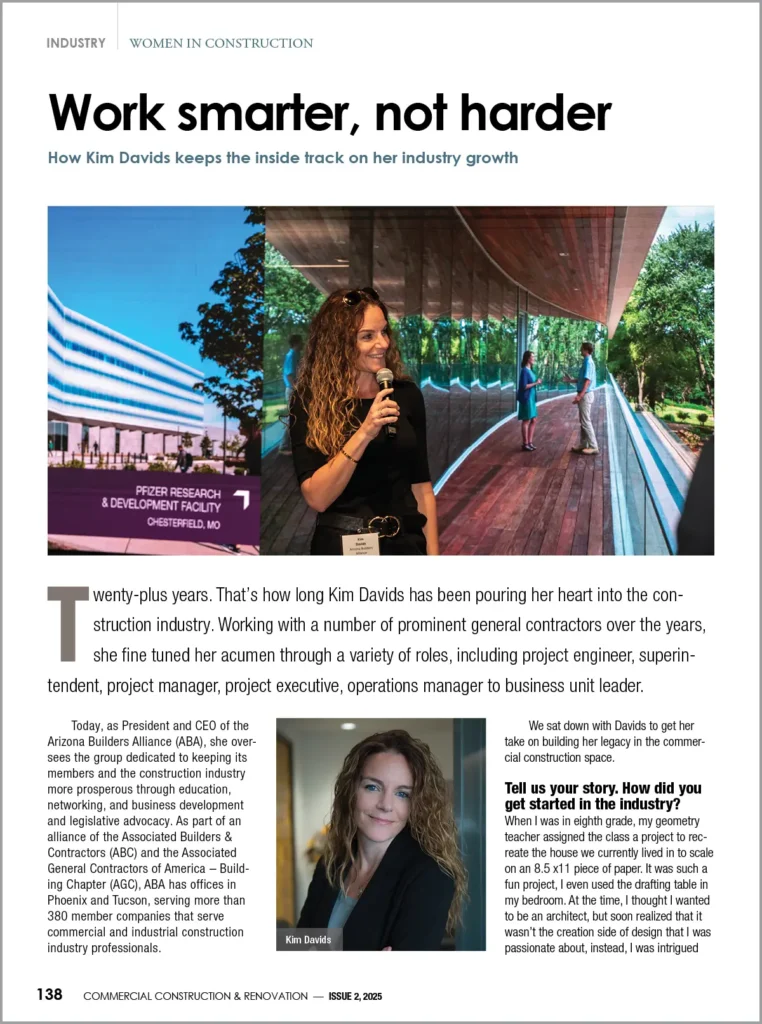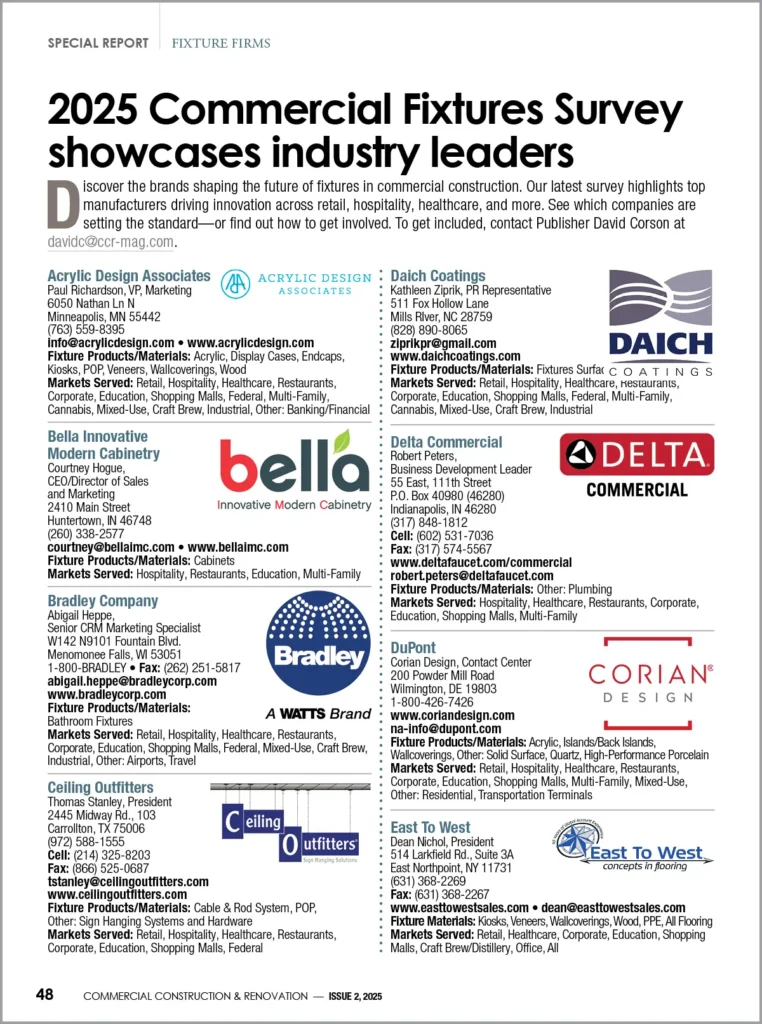
Since the advent of BIM, it has taken the AEC industry by storm due to its vast potential. Regardless of the type of building project, architects and engineers now utilize BIM in every step to streamline their processes and achieve high-quality results.
Let’s start with the basics of what BIM really is. One of the functionalities is to produce an output of a 3D model of the building to be constructed. While it may primarily seem to be a preconstruction process, BIM can significantly affect each project step. To give you a deeper insight into BIM, here are the top advantages of BIM in the AEC industry.
Improved cost estimation
BIM has turned out to be the perfect tool to gauge accurate project cost estimations. Unlike simply calculating the price of materials, BIM allows engineers and project managers to work with a detailed model that provides a deeper insight. A 3D model accurately represents each aspect of a building, making it easier to estimate the number of materials needed. In contrast, a 2D blueprint only shows one side of the project. Moreover, cost estimation tools built into BIM software can further help to improve estimates by making faster calculations. The BIM software can allow users to zoom into great details of the building and provide visual animations.
By now, you’ve seen how adding an extra dimension to a 2D model can provide a significantly more detailed model. However, it doesn’t end here as high-quality software produces 4D and 5D models, with dimensions reserved only for cost estimation. But to utilize it to its optimum value, you’ll need to get the right BIM modeling services with cutting-edge technology. So, make sure to visit https://www.hsecontractors.com/services/bim-modeling/ to ensure the most detailed and accurate representation of your building project.
Increased efficiency
One of the significant advantages of the BIM process is increased efficiency, as it streamlines building design and allows architects and engineers to complete the project faster. With the help of a few computers and BIM software, construction engineers can design buildings in a matter of weeks instead of months taken by other methods. In fact, several designing processes are automated by the software, which saves time significantly. But what’s best is that using BIM software reduces the risk of making errors in design, as creators have a detailed 3D view of the building. As a result, it takes little to no time to correct errors and recheck the design.
Moreover, faster modeling and design allow construction to start earlier. As a result, projects are completed right on time, saving money and time. More importantly, finishing projects on time means occupants can begin using the building earlier, providing quick returns on investment. Moreover, 3D models of buildings can be used to create certain pieces using 3D printing in bulk, which reduces construction time.
Reduced costs
Alongside providing accurate cost estimations, BIM also helps to cut costs in several ways. Compared to other construction methods, BIM provides significantly high returns on investment due to its cost-saving techniques. In fact, according to a study, 75% of those that used BIM have reported positive returns on investment. Using 3D models and cost estimations, project managers and designers can compare materials and choose the most cost-effective ones. Moreover, due to the accuracy of 3D models, there’s a low chance of purchasing excessive materials, reducing costs. It’s also possible to find the ideal time to purchase materials at the lowest market price possible by analyzing trends.
The reduced project life-cycle and streamlined processes contribute significantly to reducing costs. After all, the client will need to pay for fewer working hours due to faster completion of the project. However, reducing costly human errors and repairs is one of the most significant ways to reduce costs. With accurate 3D models, less chance of miscommunications, and no outdated information being used, BIM is highly effective for reducing risks and errors.
Improved collaboration
During project designing and construction, developers need to work in collaboration with effective communication. However, collaboration was quite challenging with paper drawing sets and blueprints, as the data was scattered. Frequent meetings were needed to update each individual on the project. However, BIM technology allows a centralized distribution of project information. This means architects, engineers, and clients can access models, notes, and estimates from a single source, improving collaboration.
Moreover, cloud-based BIM technology allows every developer to access models at any time, regardless of their location. As a result, collaboration is possible even when workers are not available on site. Furthermore, designers can work simultaneously on the project by using a single account, making suggestions and changes without the need for meetings.
Better results
Perhaps one of the essential advantages of BIM is its result. The focus of BIM at each step is to enhance the construction process, leading to an overall higher quality build. Due to detailed modeling, planners and designers can gain a deeper insight into the project, making the right decisions to deliver the best results.
For instance, a 3D view makes choosing high-quality and aesthetic materials easier while reducing human errors and repairs. BIM software can replicate each detail surrounding a project, including the natural and artificial light surrounding a building. So, designers can accurately see how the building will look before it is complete, leading to the best use of materials for an appealing look. On the other hand, improved collaboration allows each worker to contribute to the project, improving the project build at an unprecedented rate.
Conclusion
Long gone are the days of paper drawing sets and blueprints in the AEC industry. The BIM process has revolutionized the way building projects are planned, designed, and constructed. The multiple advantages gained through BIM ultimately lead to higher-quality builds, greater returns on investment, and successful projects. So, it’s best to utilize this new project management method in the AEC industry in the modern age.









